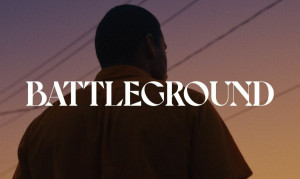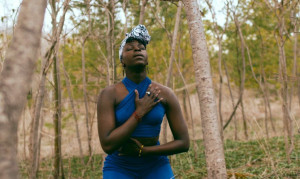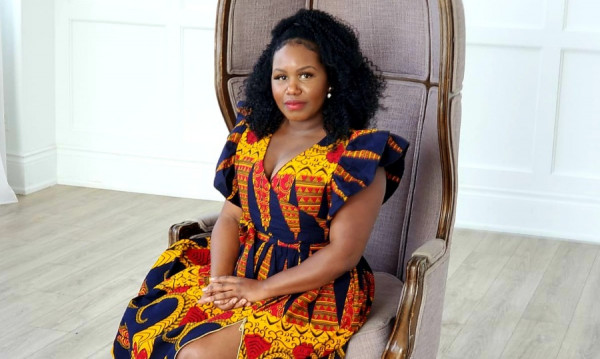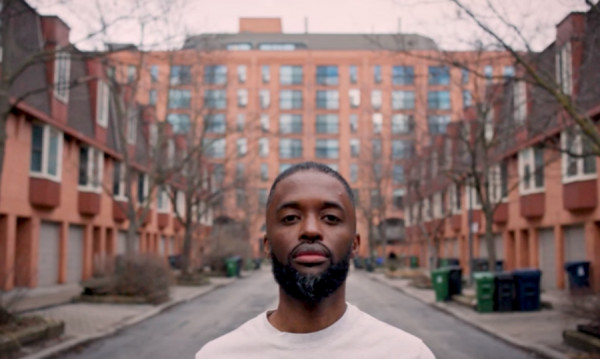Blaxites is part of an international multi-phase project on Big Data Surveillance by the Surveillance Studies Centre. It was written by Nehal El-Hadi, a Sudanese-Canadian writer and researcher. Released in 2019, the film is designed as a public education tool to raise a discussion around the issue of surveillance and the implications of having all our activities tracked and potentially used against us.
“As a writer, I have a keen interest in studying the relationship dynamics between a person and their environment, which determines how ‘human’ they get to be,” El-Hadi explains as the inspiration behind making the film.
“What interests me about our relationship with technology is that we're the ones who conduct research, make discoveries, and do things with technology, then, regulation follows,” says El-Hadi. “Now, in our relationship with technology, collecting and gathering information comes first, but regulation is still lagging.”
El-Hadi wrote the film to draw the attention of young Black people and alert them about the possible ramifications of allowing social media to study their every move. It’s even more alarming when surveillance disproportionately affects Black women like her. El-Hadi believes that Black women are constantly negotiating the relationship between their human nature and technology.
“As a Black woman living in North America, I have seen, experienced and witnessed so many things that tell me that Black women aren't treated the same way or given the same allowances as other people,” says the screenwriter.
The film follows the story of a young Black woman named Jai Dideero, a university student whose access to medicine gets restricted due to her social media posts. Dideero, suffering anxiety while studying for her exams, is forced to make dire choices when the health care system flags her as being noncompliant with her medication after tracking her posts on social media. She can either pay for the desperately needed medication in full or wear a monitoring device for 15 days to confirm the compliance needed for the state to cover her medication. It’s an example of how surveillance technology can most affect those without the financial resources to work around the system.
“I've been thinking about how social media has impacted our lives and I wanted to point out that it’s more complicated than we thought,” says El-Hadi. “How we engage in our social media has implications that are hard to predict.”
Though the system actively interferes with her personal affairs, proponents of surveillance technology might argue that the program is doing this for the good of the patients; why would you prescribe medication to someone who isn’t going to take it properly?
El-Hadi argues against this sort of black and white moralizing.
“You don't get to play that morality with people and you don't get to hide behind technology to enforce that morality on people,” says El-Hadi. “Either you make medicine available or you don't, because when you make it contingent on behaviour, what you’re really doing is using surveillance as a disciplinary method of control.”
She goes on to explain how surveillance through social media can be especially dangerous for youth who are still learning from their own mistakes. “When we’re young, part of being who we are involves making mistakes and learning so we can develop and grow.”
Blaxites, a portmanteau of Black and site, examines the history of revolution from the perspective of Black people and points to the life of a Black person being a contested site for struggle. It also spotlights the lack of mental health support in universities despite the growing number of students who need access to mental health resources. El-Hadi was teaching at a university while writing Blaxites and was repeatedly struck by the levels of anxiety, depression, and helplessness that students went through daily; especially young people and women of colour.
“In general, university students are not okay,” El-Hadi explains. “What they are dealing with is so overwhelming and they're dealing with so much pressure that they’re barely surviving.”
According to El-Hadi, Black students, particularly young Black women, face varying levels of anxiety due to a lack of financial support or the stress of having to maintain a minimum GPA in order to continue accessing funds. Some students work to support themselves and their families. Some students are known to take so many classes that their stress levels reach a breaking point.
El-Hadi is proud of how Blaxites turned out and lauds the team, including the director, actors, and producers.
“I think it's well done. This is my first short film and I'm very proud of it because I think it's set a high standard,” says El-Hadi.
She sees Blaxites as playing an important role in sparking conversations around social media and surveillance technology that matter. “The film might make you uneasy, but this is what's happening right now,” she stresses.
Blaxites will be screened at the 2021 Toronto Arab Film Festival from May 27 – 30, 2021.
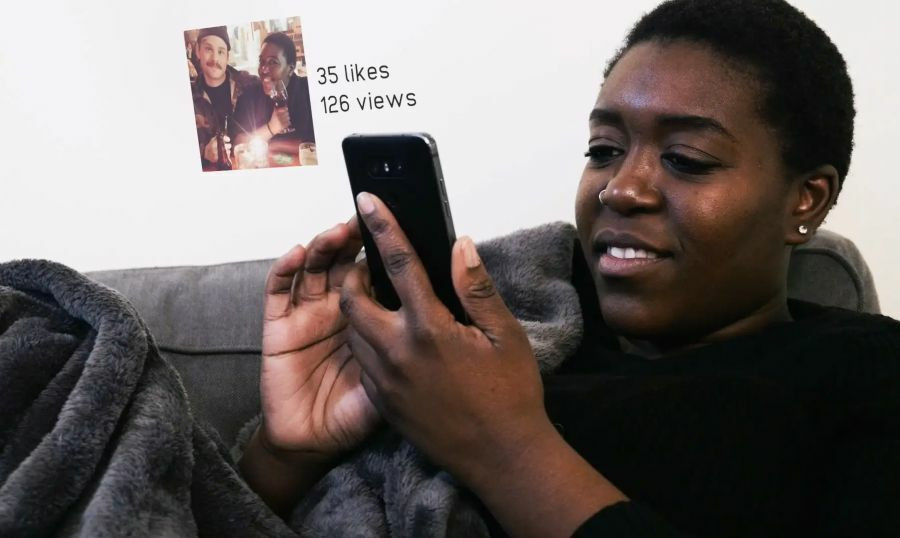
 By
By 




